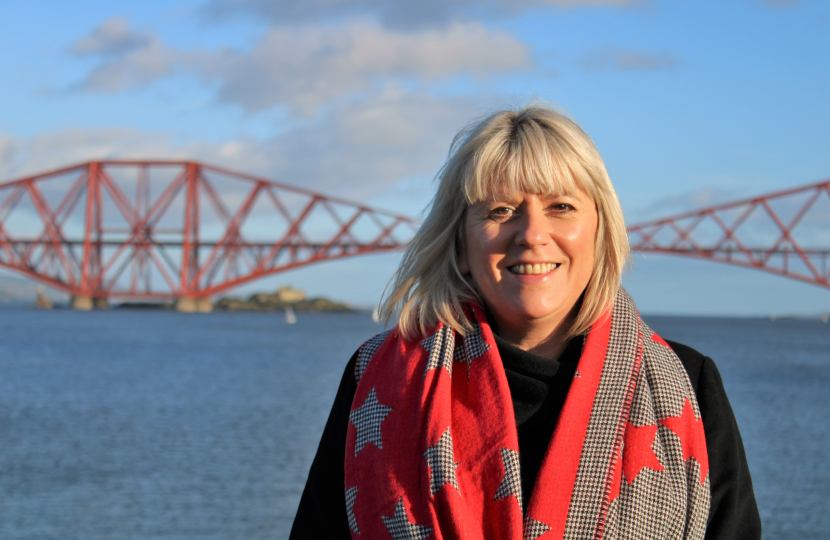
The constant refrain when it comes to public health services is they should be “person centred,” meaning patients’ needs come first, not those of services treating them.
Sadly, judging by a meeting this week with the charity Favor ─ Faces and Voices of Recovery ─ it is unbending bureaucrats in alcohol and drug partnerships who take priority in the battle against the drug abuse epidemic.
It is disturbing to hear how people who accept their drug taking must end and seek rehabilitation are held on lengthy methadone programmes until the so-called experts deem them ready. It can mean people taking the heroin substitute for a year after they sought to get clean.
It is an entirely dysfunctional system which is anything but person-centred if people are being told they must reduce their drug intake in a measured way and show proof of engagement with their communities before they “qualify” for further rehab.
I also heard a ridiculous report of a street in Edinburgh through which the boundary between two different drug services districts run, where a woman on one side of the street got the help she requested, but another on the opposite side was denied.
So why can’t they all just come off drugs themselves, you might ask? It is far from simple, but that’s exactly what some manage to do. It’s brilliant they are on the road to recovery, but when it’s despite drug services, not because of them, something is badly wrong.

